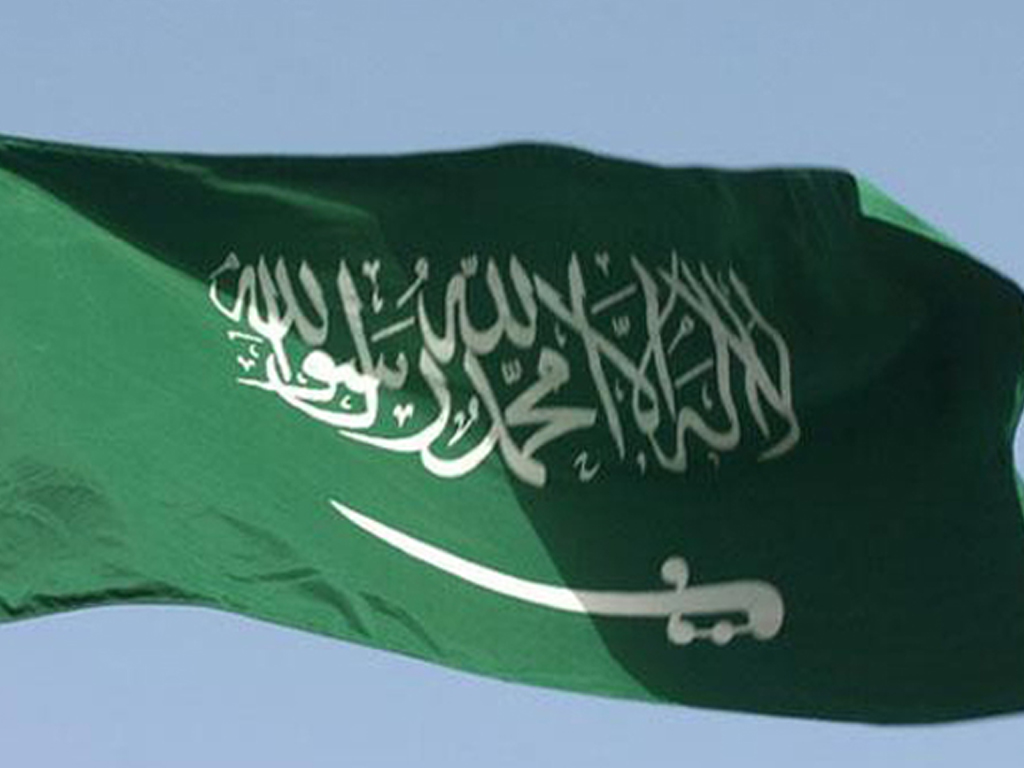 Saudi Arabia announced on Tuesday the creation of three new ministries, for tourism, sports and investment, according to royal decrees that also unveiled a sweeping cabinet reshuffle. The shake-up, which saw the return of ousted former energy minister Khalid al-Falih as investment minister, comes as the petro-state seeks to shore up investor confidence while it reels from low oil prices.
Saudi Arabia announced on Tuesday the creation of three new ministries, for tourism, sports and investment, according to royal decrees that also unveiled a sweeping cabinet reshuffle. The shake-up, which saw the return of ousted former energy minister Khalid al-Falih as investment minister, comes as the petro-state seeks to shore up investor confidence while it reels from low oil prices.
The revamp also saw media minister Turki al-Shabanah replaced just a few months after his appointment, as Saudi Arabia attempts to repair its frayed global image ahead of its hosting of the G20 summit in November.
King Salman upgraded the government bodies overseeing tourism, sports and investment to individual ministries, the official Saudi Press Agency reported, reflecting the growing importance of the sectors to boost non-oil revenue.
The conservative kingdom, under fire over human rights abuses, has accelerated investment in glitzy sports and entertainment events in a bid to soften its image and boost jobs and investment in the sectors.
Saudi Arabia's tourism commission was elevated to become a ministry, with its chief Ahmed al-Khatib, a royal advisor, retaining the top job just months after the kingdom started issuing tourist visas for the first time. Current sports czar Prince Abdulaziz bin Turki was put in charge of the new sports ministry as the kingdom hosts multi-billion dollar extravaganzas - from major football leagues to women's wrestling.
The world's top crude exporter, however, is struggling to fund de facto ruler Crown Prince Mohammed bin Salman's ambitious reform push to pivot away from oil, as the spread of the novel coronavirus outbreak exerts pressure on crude prices.
The reshuffle saw the return of veteran official Falih to the main political arena as investment minister. Falih was sacked as energy minister in a major shake-up last September and replaced by Prince Abdulaziz bin Salman - the first member of the royal family ever to take charge of the kingdom's all-important ministry.
"The return of Falih, an experienced manager who was abruptly sidelined, could be an attempt by King Salman to rein in the investment authority and add more teeth to it," Ellen Wald, author of the book "Saudi Inc.", told AFP.
"Under the crown prince, the kingdom's vast Public Investment Fund (PIF) has been widely portrayed as erratic in terms of its investment decisions."
The kingdom has struggled to lure investment as Prince Mohammed's sweeping crackdown on dissent and aggressive regional policy moves have spooked foreign investors.
Analysts have also voiced concern over the PIF's "spend to grow" strategy as it pursues what are seen as flashy deals rather than long-term investments that deliver secure returns and generate jobs as unemployment soars.
The revamp saw the appointment of Majid al-Qasabi, a close adviser to the crown prince, as the acting media minister in addition to his current role as commerce minister.
Saudi Arabia has sought to repair its image after the 2018 murder of journalist Jamal Khashoggi in its Istanbul consulate, which battered the reputation of the 33-year-old crown prince, who controls all major levers of power.
The murder tipped the kingdom into its worst diplomatic crisis since the September 11, 2001 terrorist attacks on the United States, in which most of the hijackers were identified as Saudi nationals.
Saudi Arabia is gearing up to host the G20 summit in November, an event that is set to see the leaders of the world's 20 richest nations converging on the capital Riyadh.























Comments
Comments are closed.